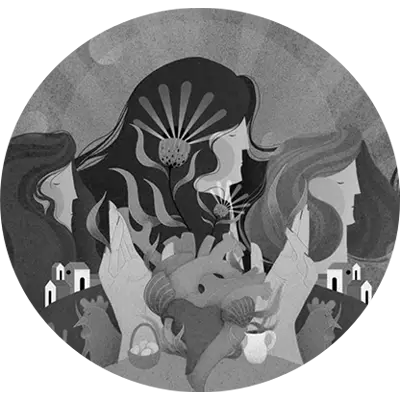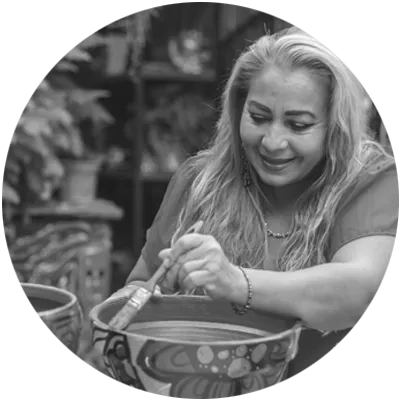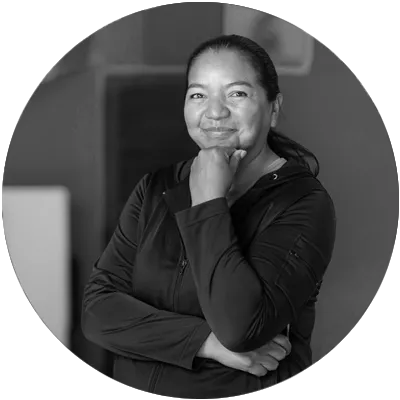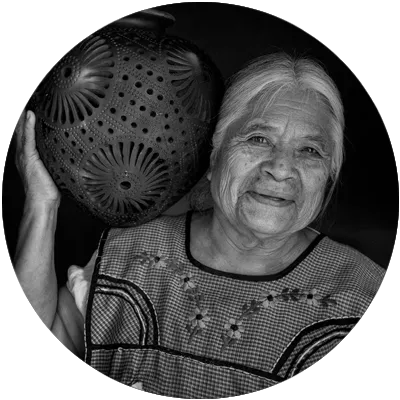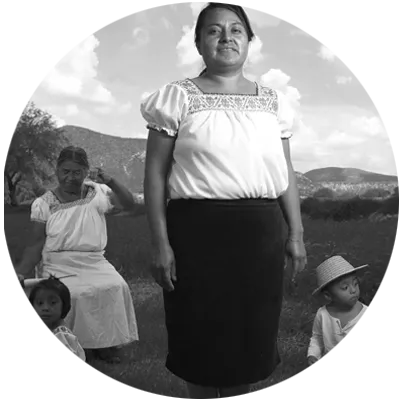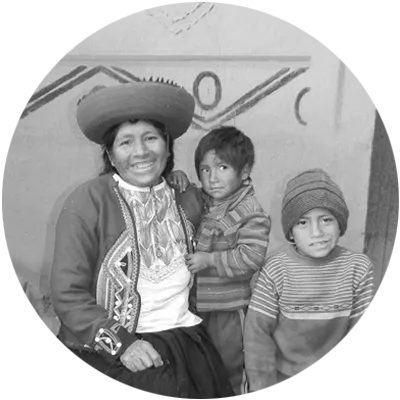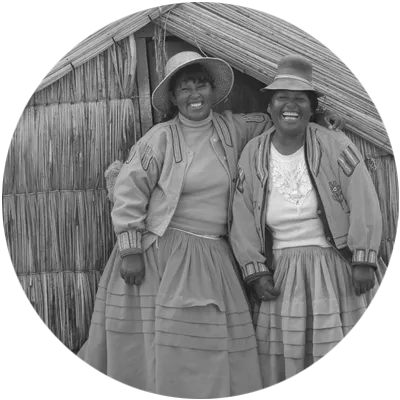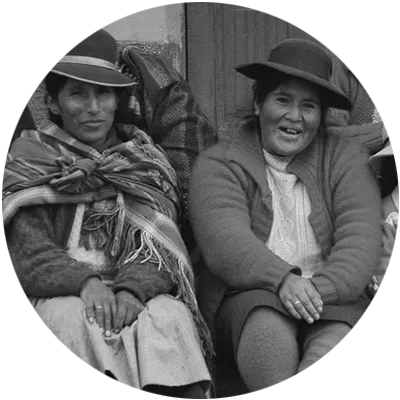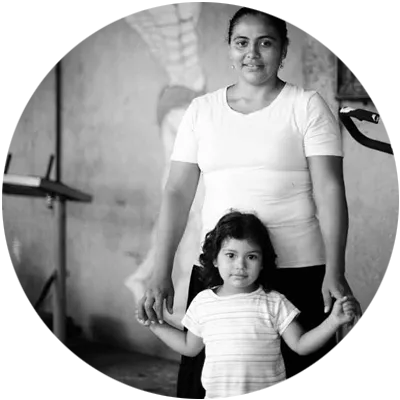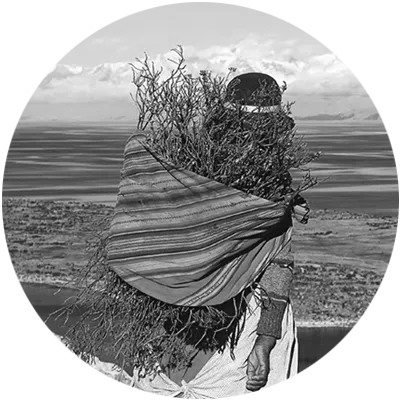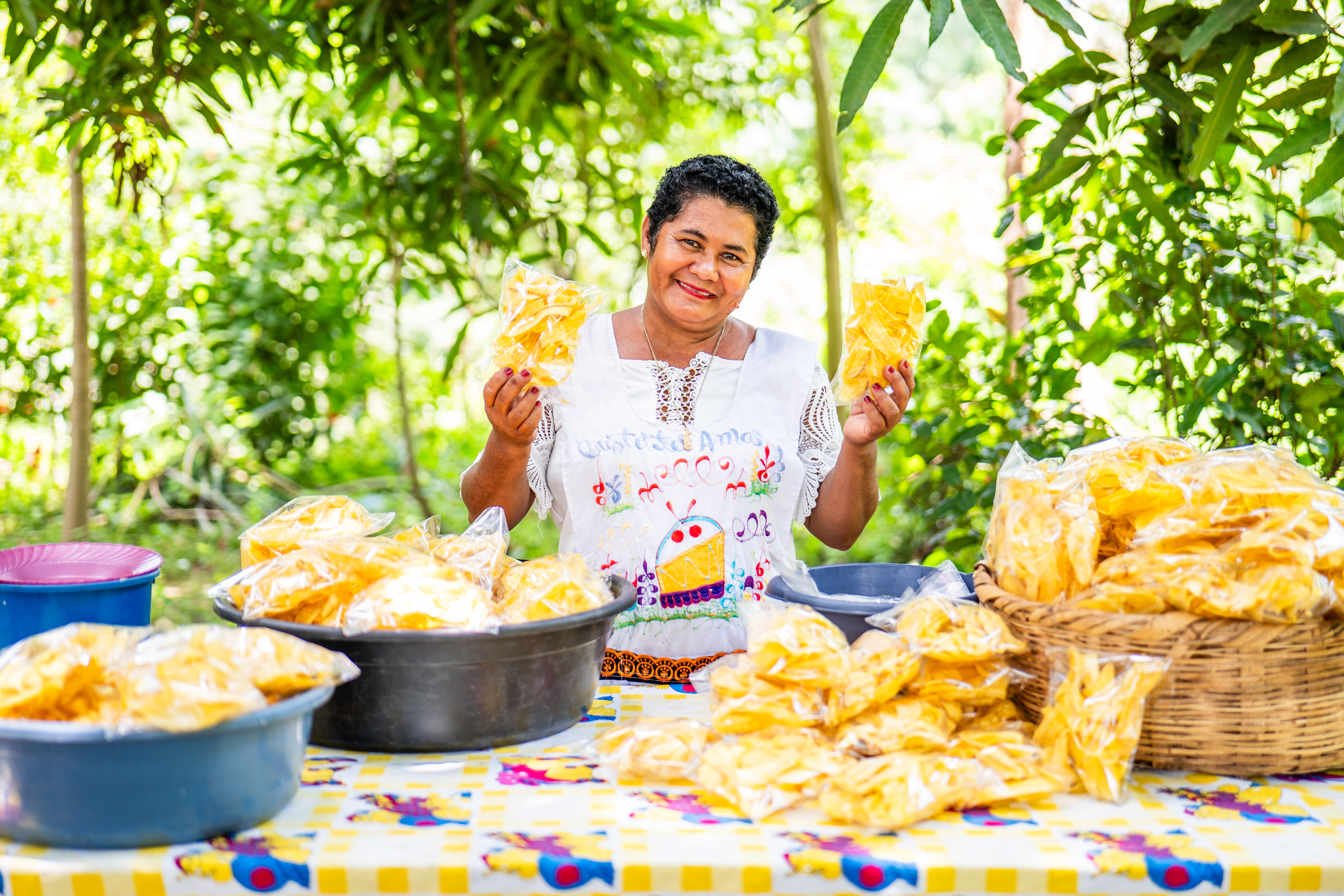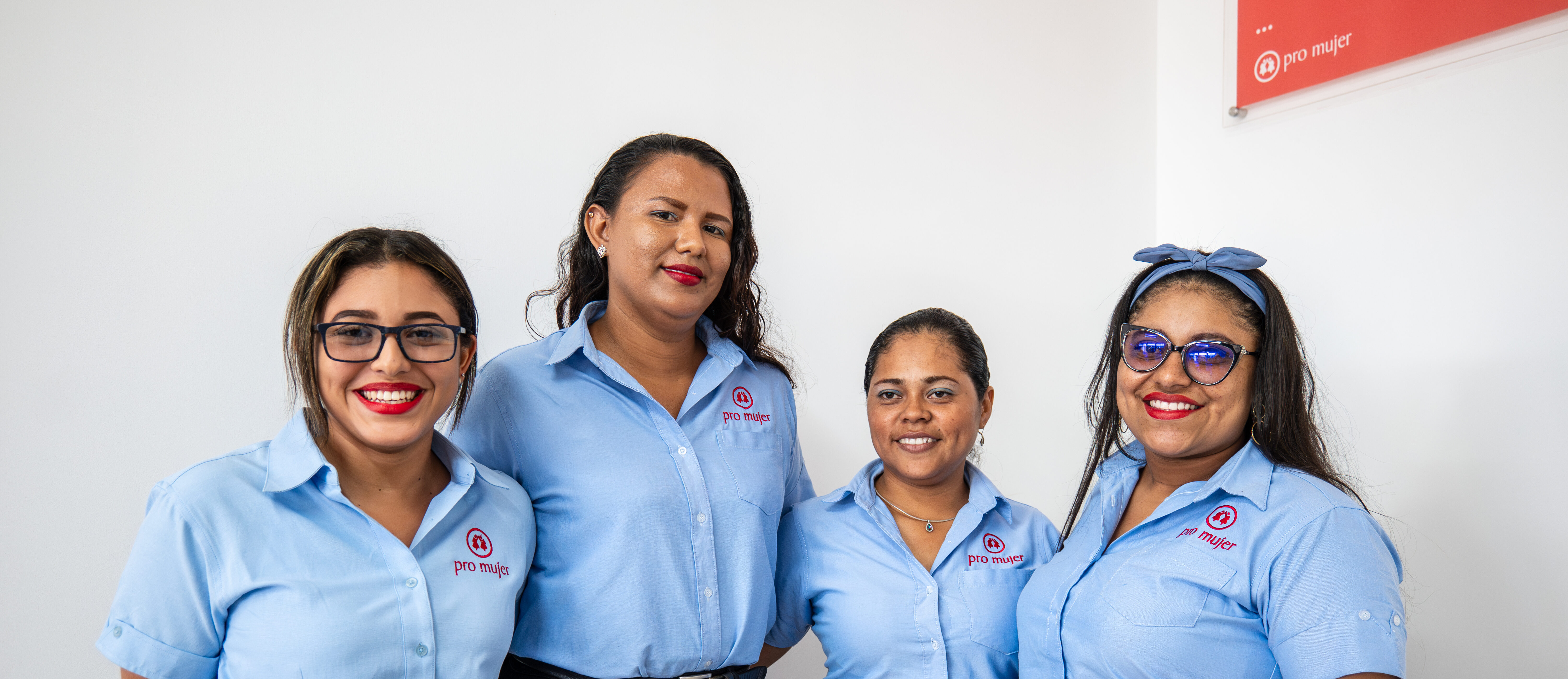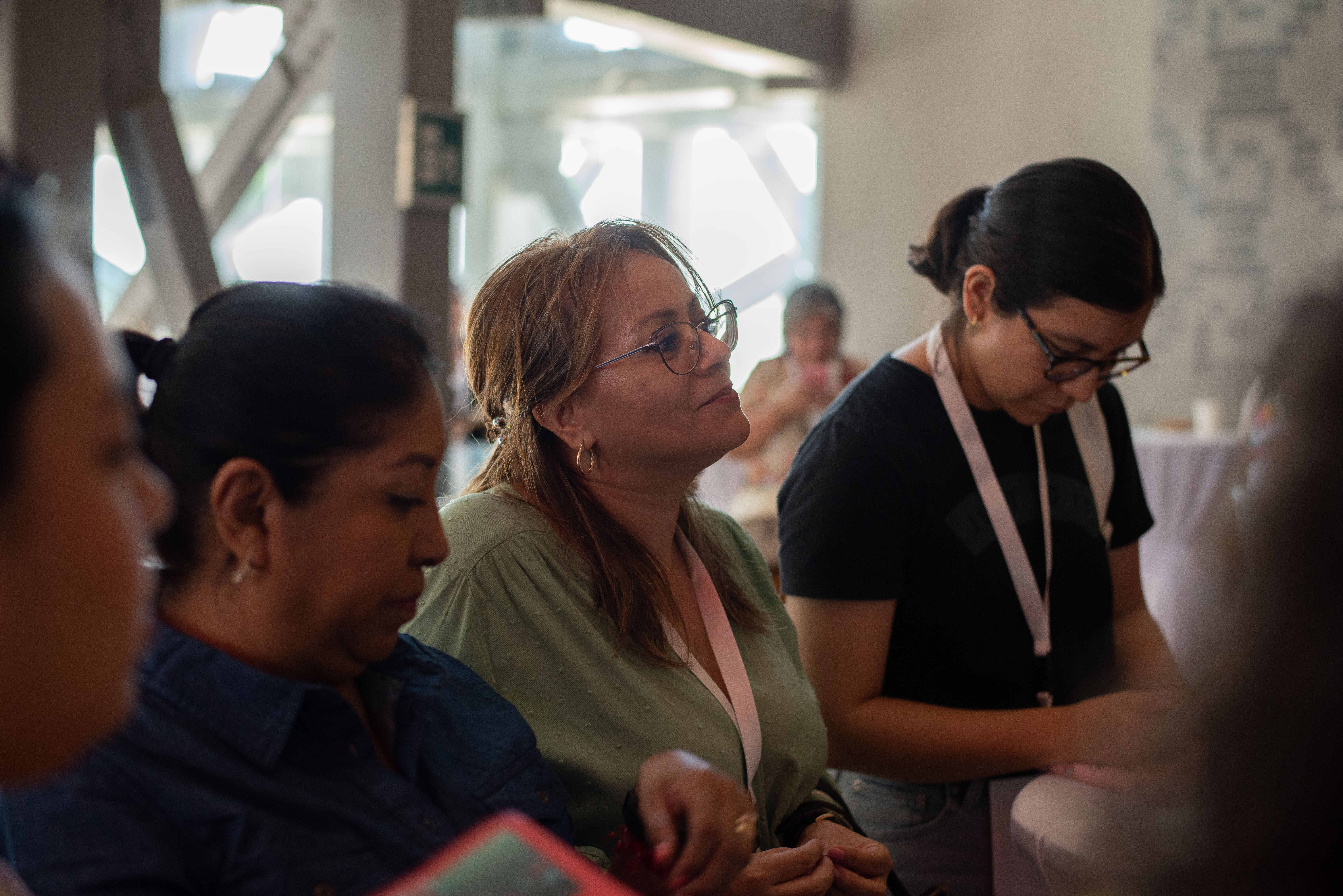The mainstream financial system in Latin America generally ignores women, who often work in the informal economy to cover their basic needs and are excluded from traditional banking products or loans. According to the Development Bank of Latin America and the Caribbean, only 49% of women in the region have a bank account, 11% are able to save, and 10% have access to credit. Microfinance represents an opportunity to drive women’s economic empowerment through access to capital—especially for vulnerable or underserved women—offering them the opportunity to invest in their businesses and improve their living conditions. Recently, the integration of technologies like digital platforms and banking services has improved efficiency and reduced costs. Still, challenges persist, including a lack of collateral, gender biases, and social norms that limit women’s access to credit and financial services.
Latin America and the Caribbean represents the largest microfinance credit portfolio in the world, accounting for 44% of the total microfinance sector portfolio, and the region is the second largest in terms of number of borrowers. However, the reality is that many financial institutions are unaware of the true impact of these microloans or the challenges they may be creating, particularly for women. Establishing impact indicators allows us to identify how many women are accessing credit for the first time, highlight the importance of financial education, quantify the impact of these loans on women’s incomes, and understand the impact of the debt burden on their day-to-day lives. Finally, impact indicators can help us understand the true impact of microfinance on women’s quality of life. Suppose we want to take our impact assessment even further. In that case, we can not only disaggregate the data by gender but also by income levels, age, ethnicity, geographic location, and more, providing a more in-depth understanding of our initial baseline and the impact on our target populations.
Pro Mujer: 33 Years Working to Advance Gender Equality in Latin America
Pro Mujer is a social enterprise with more than 33 years of experience working to advance gender equality in Latin America. Our mission is to support women so they can reach their full potential, improve their lives, and positively impact their communities. By complementing our microfinance services with entrepreneurship skilling and financial education (savings, payment capacity, digital skills, goal-setting, etc.) and health services (mammograms, Pap smears, check-ups, telehealth, diabetes screenings, etc.), Pro Mujer seeks to break down the structural barriers that prevent clients from making the most of their loan while maximizing the positive impact on their lives.
Gender-sensitive data collection has always been a priority, as it allows us to understand better the specific needs and profiles of the women we serve. Maintaining close relationships with our clients, understanding their realities, and supporting their transformation are core to our methodology. This data allows us to adjust our programs to meet the real needs of different populations, thus boosting the social impact of our financial tools and supporting women as they build resilient businesses that have the potential to create long-term, sustainable impacts on their lives.
Betting on Standardized Impact Indicators in Microfinance
Since 2022, Pro Mujer has participated in the Microfinance Index, the most extensive impact assessment in the microfinance industry that provides synthesized insights taken from surveys conducted with thousands of microfinance clients. The Index was developed by 60 Decibels, a social impact consultancy that has worked on hundreds of financial inclusion projects worldwide, to understand the real impact of microfinance on people’s quality of life. In 2023, the Index expanded to include data from 115 financial services providers and surveyed 32,000 microfinance clients in 32 countries, including 1,953 Pro Mujer clients.
The Index gathers quantitative and qualitative data across six key dimensions of impact, including Access, Business Impact, Household Impact, Client Protection, Resilience, and Agency. This data is then used to establish global and regional benchmarks that microfinance institutions can use to assess their results. Pro Mujer used the data collected in 2022 to establish a baseline that has subsequently been used to adjust and modify our programs to the realities of our clients based on established impact metrics. For example, if a client’s savings capacity does not increase as a result of their loan, we look for ways to strengthen our training curriculum focused on this subject. If a client’s quality of life does not change, we work with them to analyze their business model and offer personalized support to improve the use of funds, for example:
- In terms of resilience, data from Bolivia showed that only 29% of clients felt that their ability to manage their finances had “improved a lot” as a result of their loan. We saw the need to strengthen the resilience of our clients, so we intensified our financial education and entrepreneurship skilling initiatives and improved our clients’ use of credit, savings capacity, and economic resilience in the face of emergency expenses. The data from 2023 showed that 49% of clients felt that their ability to manage their finances had “improved a lot” as a result of their loan.
- In terms of first access to finance, and based on the data gathered in 2022, we launched a coordinated initiative to broaden the support we provide to unbanked women in Mexico, achieving a considerable improvement in this indicator in 2023.
Global Perspectives
This is the second year that the Microfinance Index has been published and the second year that Pro Mujer has used this tool to measure the impact of our portfolio. Increasing the number of financial services providers that consistently measure the social impact of their loans will increase the information available in the sector and boost inclusion.
More information and early insights from the 2023 Index is available here. Data show that female microfinance clients report more productive use of their loans, increased impact on their households, and new financial skills than male microfinance clients. However, they are just as likely as men to be burdened by their payments and have less access to “good alternatives.”
Visualizing microfinance’s impact on different dimensions of women’s lives is fundamental to understanding how it can be used to empower women economically, help them lift themselves out of poverty, improve their financial autonomy, and transform their lives and communities. Pro Mujer is committed to designing products that empower and support women, and we are increasingly focused on implementing impact and results indicators as an effective way to improve these products, ensure that they effectively respond to our clients’ needs, and are sustainable and equitable in the long term.

